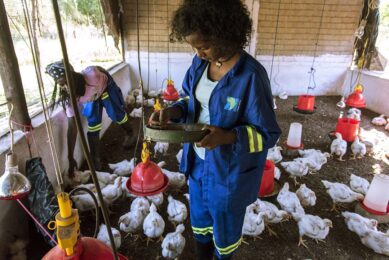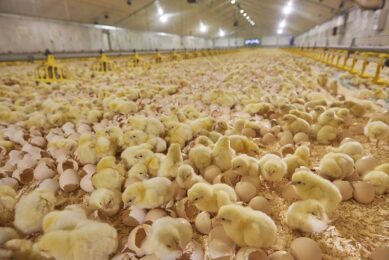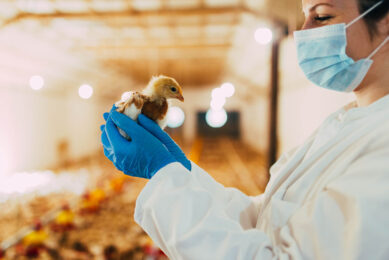Do we know what we are doing?

Reducing antibiotic use is at the top of many people’s agenda, not only because of growing concerns that bacteria will become increasingly resistant to almost any antibiotic ever discovered, but also because both humans and animals will need to rely on the possibility of treatment in the future.
EXPERT
Reduction is a worthwhile endeavour, yet reduction per se is not the way forward. When disease issues arise, treatment has to be possible to prevent a severe negative impact on animal welfare and economics.
Keeping antibiotics effective for both man and animals
Very recently Jim O’Neill delivered the report ‘Tackling Drug Resistant Infections Globally: Final Report and Recommendations‘. It is a global landmark in the fight to keep antibiotics effective for both animals and people. That is the core issue, because veterinarians need antibiotics as one of the tools to treat conditions and the animals under their care and to support the high standards of animal welfare that our society has come to expect.
Using antibiotics comes at a price
But administering antibiotics comes at a price or at least it should. Their use should be as restrictive and as targeted as possible. Antibiotic use should also be registered and monitored. Do we know why and where antibiotics are currently being used? Only when we know the facts can resources target areas where change is most needed to reduce any unnecessary use. This is an industry obligation. It is up to regulatory bodies to decide if and which antibiotics should be restricted to human use only.
Join 31,000+ subscribers
Subscribe to our newsletter to stay updated about all the need-to-know content in the poultry sector, three times a week. Beheer
Beheer








 WP Admin
WP Admin  Bewerk bericht
Bewerk bericht